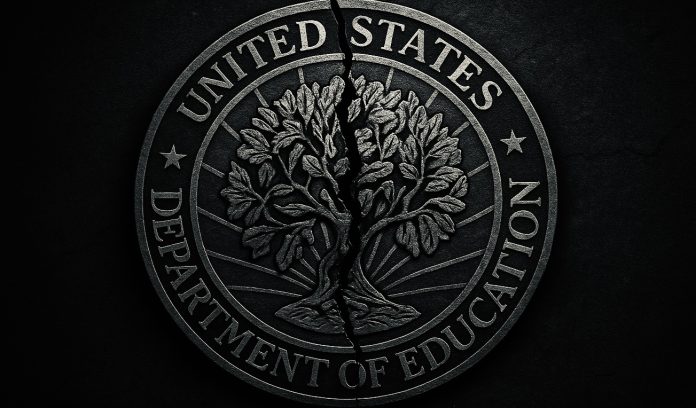Boise, ID – Veterinary assistant and veterinary technician certificate programs may face major funding challenges beginning in 2026 as new federal student aid regulations take effect. These short-term, hands-on animal healthcare programs—often offered through career schools—are directly affected by updated eligibility standards and federal earnings tests.
According to federal guidance, veterinary assistant programs that are unaccredited, non-credit, or under 150 instructional hours cannot receive federal Title IV aid. Certificates between 150 and 600 hours must now meet Workforce Pell requirements, which mandate a 70% completion rate, 70% job placement rate, and tuition that does not exceed graduates’ value-added earnings measured three years after completion.
Starting July 1, 2026, these programs must also pass the federal “low earnings outcomes” test. Under this rule, programs lose access to Direct Loans if graduates earn the same or less than adults with only a high school diploma for two out of three measured years. Because entry-level veterinary assistant wages are often modest—especially in small practices and rural clinics—many certificate programs may face difficulty meeting the earnings benchmark.
Schools warn the changes could reduce access to affordable veterinary training in a field already facing staffing shortages in clinics, shelters, and animal hospitals.





